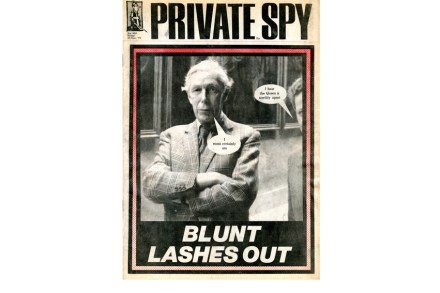The delights of sin
Epigram 7 from The letting of humours blood in the head-vaine ‘Speak gentlemen, what shall we do to day? Drink some brave health upon the Dutch carouse? Or shall we to the Globe and see a play? Or visit Shoreditch for a bawdy house? Let’s call for cards or dice, and have a game. To sit thus idle is both sin and shame.’ This speaks Sir Revel , furnished out with fashion, From dish-crowned hat unto the shoe’s square toe, That haunts a whore-house but for recreation, Plays but at dice to cony catch or so, Drinks drunk in kindness, for good fellowship, Or to a play goes but some





